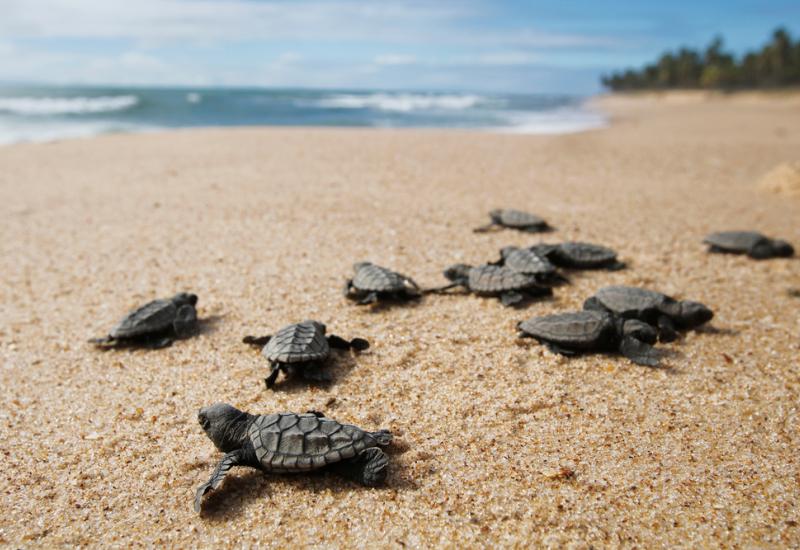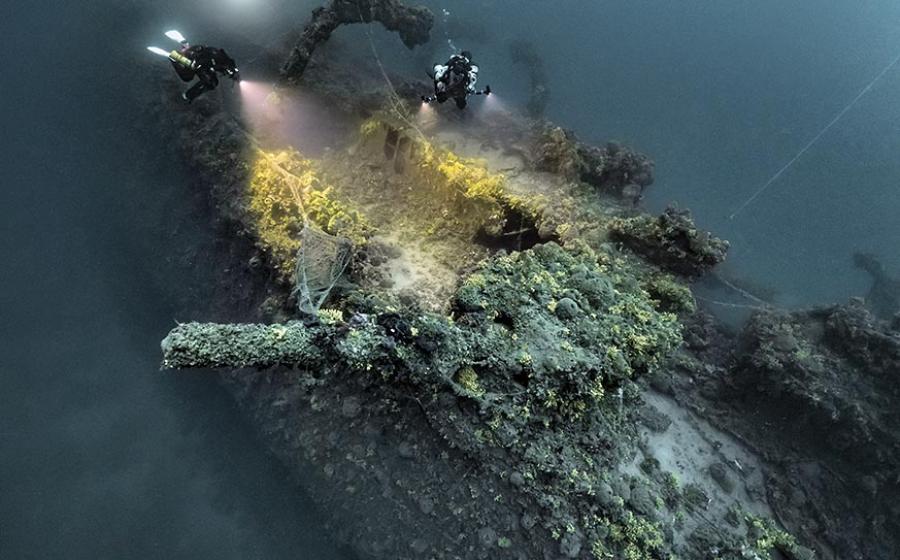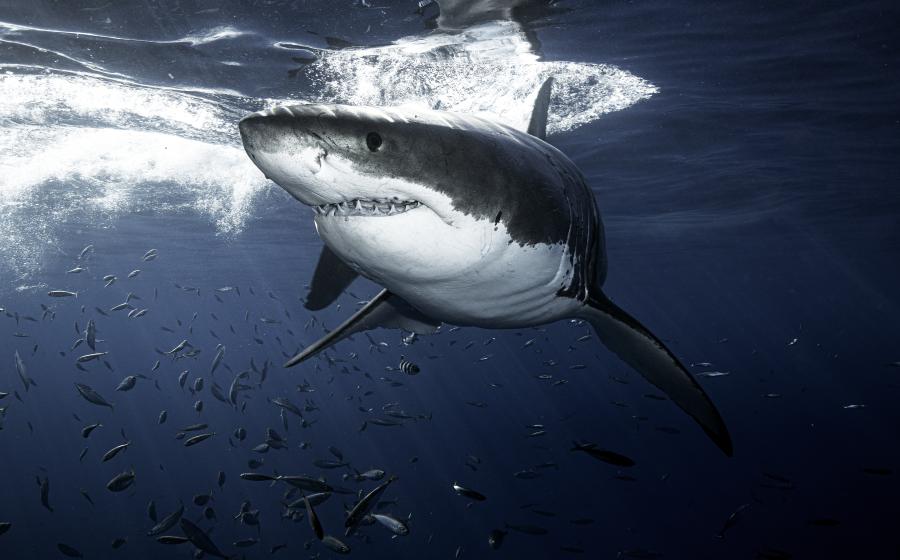How Intelligent Are Octopuses? Your Octopus Questions, Answered.

Shutterstock.com/Takayuki OhamaResearchers are steadily unraveling the mysteries of the octopus.
How smart are octopuses? How many brains does an octopus have?
Each arm of an octopus has its own semi-independent brain, which means they have nine brains. It’s difficult to assess the intelligence of other animals (you’ve probably heard the cliche about how if you judge a fish by its ability to climb a tree, you’ll think it’s stupid,) but octopuses have been observed solving complex puzzles and mazes.
What is the plural of octopus?
According to the Merriam-Webster Dictionary, the debate here has three options: Octopuses (English plural), Octopi (Latin plural), or Octopodes (Greek plural). Merriam-Webster notes that all of these options have been criticized, and that this debate has been going on for over a century. Octopuses and octopi are generally favored because octopodes is a larger shift in the word’s overall pronunciation, but at the end of the day the choice is your preference.
What do I personally use? It doesn’t come up very often as I study fishes, but for the purpose of this article we’ll use octopuses. (And yes, fishes is an appropriate plural if you’re talking about more than one species).
What is an octopus?
An octopus is a mollusc, the phylum of invertebrates that also contains snails and clams. They are in class cephalopoda, and other cephalopods include squid, cuttlefish, and nautilus.
What do octopuses eat? How do they eat?
Octopuses are active hunters, and have been observed eating other invertebrates as well as fishes and—believe it or not— the occasional bird. They have a powerful beak, and eat by grabbing food and moving it to their mouths.
How long do octopuses live?
Most species are relatively short lived, with a typical life span of 1 to 2 years, according to National Geographic. Some species can live slightly longer. Many die soon after mating. (If you haven’t heard the RadioLab episode “Octomom” about octopus mothers, about Octomom, block off half an hour and treat yourself.)
How do octopuses mate?
In some species, the male octopus will remove its own sperm-containing modified arm and hand it to the female It’s also common for a female octopus to eat the male after mating.
How many hearts do octopuses have? Why do they have that many?
Because of their unusual circulatory system and blood chemistry, octopuses have three hearts.
What color is an octopus?
There are hundreds of species of octopuses, and they come in a variety of colors. Many can also change their colors dramatically and rapidly, and one, the mimic octopus, can even make itself look like other animals entirely.
Are octopus tentacles arms or legs? How many do they have? What is the difference between a squid and an octopus?
The main difference between an octopus and a squid is their appendages—an octopus has 8 arms, while a squid has 8 arms plus two longer tentacles (which only have suckers on the end instead of along the entire length like an arm).. An octopus is also more likely to be found by itself, while many species of squid aggregate in schools just like fishes.
How long can an octopus live out of water?
Some species of octopus can survive out of the water for about half an hour, which allows them to hunt for food on land.
Ask a Marine Biologist is a monthly column where Dr. David Shiffman answers your questions about the underwater world. Topics are chosen from reader-submitted queries as well as data from common internet searches. If you have a question you’d like answered in a future Ask a Marine Biologist column, or if you have a question about the answer given in this column, email Shiffman at [email protected] with subject line “Ask a marine biologist.”

Courtesy ImageDavid Shiffman
Dr. David Shiffman is a marine conservation biologist specializing in the ecology and conservation of sharks. An award-winning public science educator, David has spoken to thousands of people around the world about marine biology and conservation and has bylines with the Washington Post, Scientific American, New Scientist, Gizmodo and more. Follow him on @WhySharksMatter on Twitter, Facebook and Instagram, where he’s always happy to answer any questions about sharks.
The views expressed in this article are those of David Shiffman, and not necessarily the views Scuba Diving magazine.









